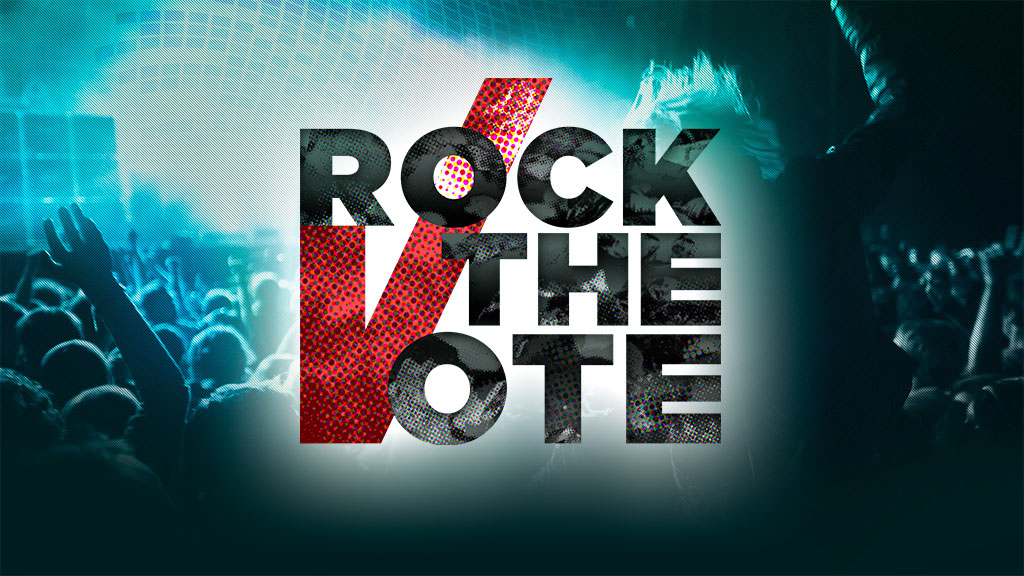News
Muslims Explain How Islamophobia Affects Them

In American politics, there's a standard script that seems to unfold every time a Western target is hit by a terror attack. If the terrorist was white, the reaction is one of sympathy and perhaps confusion — why would such an otherwise "decent" person resort to such violence? But the reaction is exponentially harsher if the terrorist isn't white — and that's amplified if they're Muslim. Sadly, anti-Muslim attitudes are never far below the surface in American politics, and the ways in which Muslims feel the need to respond to Islamophobia is illustrative of why, in part, these attitudes are so damaging.
Bustle spoke to several Muslims about their experiences in the wake of terror attacks, and they pointed out several depressing trends. For one, several noted how, after a terrorist attack, they are asked to "denounce" terrorism — over and over again, every time, even if they've already made it thoroughly clear that they don't support terrorism or violent extremism.
"There is this routine, or script, that many people assume are waiting for Muslims to come out and to condemn the attacks and to distance themselves from [the terrorist]," Rowaida Abdelaziz says, adding "and that's exhausting."
"There's this idea that we have some sort of allegiance to our faith before we have any sort of allegiance to our country," Rafat Khalaf explains. "I am tired of having to constantly, you know, stand up and say the same thing over and over again."
The broad brush with which Islam is painted after terror attacks does more than just irritate Muslims on a personal. It also obscures the very real contributions that Muslims make in fighting terrorism, whether it's by serving in the military, working with authorities in anti-terrorist operations, or simply helping spread a peaceful interpretation of Islam. And when positive examples of Muslims' contributions to society aren't highlighted, this only helps feed anti-Islam narratives and allow Islamophobia to grow even more.
"You don't know that Muslims and Muslim communities are constantly helping law enforcement," Sherif Ibrahim says in the video. "You don't know that Muslims are constantly apologizing for these things, even though they have nothing to do with them." But with that new knowledge, you can make a difference by voting.

A vote in this election could change many things for Muslims. "It's exhausting for me to have to justify my existence in this country," Abdelaziz concluded, "and it's exhausting for many other Muslims."
It's easy for liberals, and white liberals in particular, to understand in the abstract that Islamophobia has many negative effects. But hearing first-hand testimonies from Muslims themselves can make a much more powerful and long-lasting impression.